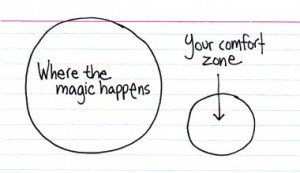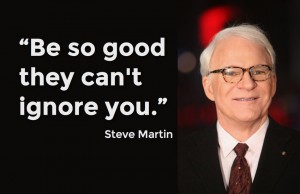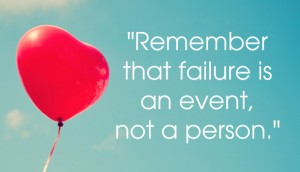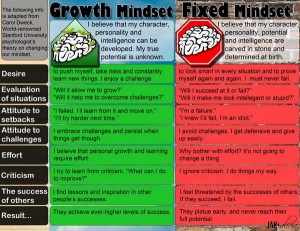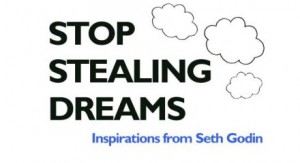For many school districts in the USA, August has become either the actual Back-To-School (as many districts have already begun the school year), or the long wait for the new school year. There are trends (and I am not talking fashion here) that have emerged about August that are spreading throughout social media. I have seen countless posts about the school year that paint a very interesting picture. There are two camps forming. One that look forward to the return of the school year, and one that dreads it. Which camp are you in? Which camp does your prospective student or parent want you in?
In my opinion, the teachers who are most noteworthy are those who charge back with positive energy, and excitement for the new year to begin. These are the same teachers who most likely tried to grow over the summer by learning something new, or simply prepared to get better. They are excited to meet their new students and parents.
Unfortunately, there are those teachers who feel proud that they did “nothing” over the summer. They come back on the first contractual day, and scoff at the fact of engaging with their colleagues in professional development because they would rather just set up their rooms. They are preparing themselves at the last minute for the “inevitable.” How sad.
How are you going to spend your August? Preparing for excitement of the opportunities that lie ahead? Or dreading the arrival of your first day? It’s your choice 🙂

